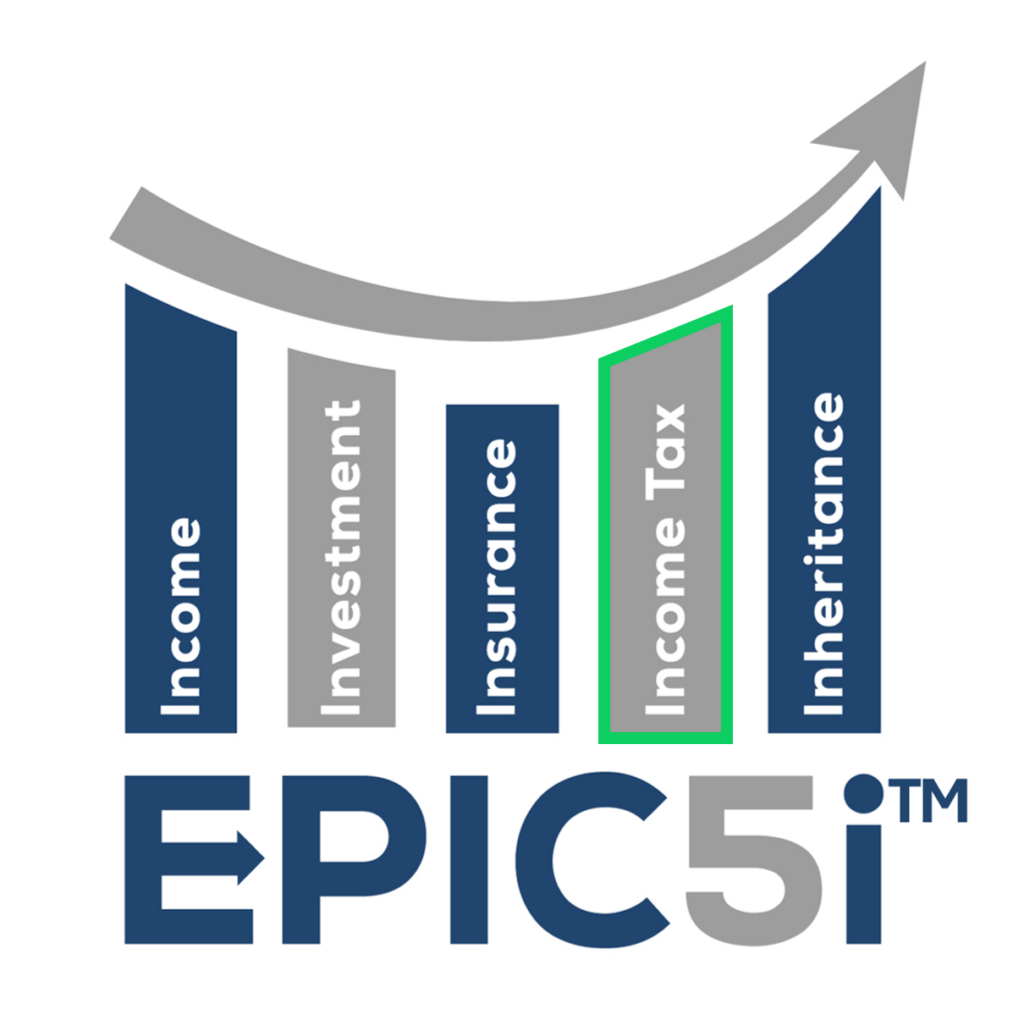IRS Updates Coming in 2024
Written By: Matt Jaskolka

Fall is fading into Winter and snow is beginning to accumulate in parts of the United States as we look to wrap up 2023 and head into 2024. With the turn of the calendar comes updated Internal Revenue Service (IRS) guidance on tax brackets, IRA contributions, and 401(k) limits. Read on to learn about a few of the changes that will affect you in 2024.
The IRS has announced the updated Federal Income Tax brackets for 2024. You can view those here. For 2024, we can expect an increase of 5.4% to each bracket. That means 5.4% more of your income will be taxed in the lower brackets. It’s important to keep in mind that the Tax Cuts and Jobs Act (TCJA) that Trump put into effect will be sunsetting at the end of 2025. If you cannot remember what the tax brackets looked like in 2017, you can find them here. You will quickly notice the tax rates are noticeably higher and brackets noticeably smaller. I have a hard time believing Congress will want to revert back to those rates and brackets as many in Congress would take a substantial hit.
Another important announcement from the IRS pertains to both Traditional and Roth IRAs. Depending on certain factors and limitations, generally, the maximum you can contribute to an IRA for 2023 is $6,500. If you are over the age of 50, you can contribute an additional $1,000 called the catch-up contribution for a total of $7,500. In 2024, the base maximum contribution increases to $7,000. The catch-up contribution of $1,000 remains the same for a total of $8,000 for people over 50. Keep in mind you can make 2023’s contribution as late as April 15th of 2024 (Tax Day).
For those working and contributing to their employer-sponsored plan such as a 401(k), 403(b), 457 or TSP, in 2024 you now have the ability to contribute $23,000. If you are over the age of 50, your catch-up contribution remains unchanged at $7,500, for a total of $30,500. If you are at the tail-end of your career and worried about not having enough saved, catch-up contributions can be a great way to get back on track. Here comes the curveball. Initially, the Secure Act 2.0 stated that if your wages are over $145,000 all catch-up contributions to your employer-sponsored plan (401k, 403b, TSP etc.) would need to be Roth contributions effective 2024. Due to many taxpayers not having access to a Roth option for their employer-sponsored plan, the IRS has granted a two-year reprieve so this provision will not be in effect until 2026.
These are just a few of the announcements we can expect in 2024. Talk with your advisor to ensure you are taking full advantage of your ability to realize taxes at the lowest rates possible.
Say What?
What is the most sleep deprived state in the U.S.? Despite the tropical climate, beaches, and island living … nearly 30 percent of residents of Hawaii are do not get the recommended seven hours of sleep each night. The reason? The financial concerns due to the high cost of living.
This week in history
1883 (Nov. 18) – Canadian and American railroads adopt time zones. Prior to creating time zones, it was difficult for railways to be on time and confusing to passengers. The 1883 time zones are very close to what we use today.
1942 (Nov. 26) – Casablanca, starring Humphrey Bogart and Ingrid Bergman, had its world premiere at the Hollywood Theater in New York. It went on to receive three Oscars, including Best Picture, and would become one of the most beloved Hollywood movies in history.
1954 – The first automatic toll collection machine is used at the Union Toll Plaza on New Jersey’s Garden State Parkway.
1972 (Nov. 14) – The Dow Jones Industrial Average closed above 1,000 for the first time, ending the day at 1,003.16
Have any questions? That’s what we’re here for! Call us at 844-227-5766 today!
Get on our email list to receive these updates in your inbox!
Ready to Take The Next Step?
For more information about any of the products and services listed here, schedule a free assessment today or register to attend a seminar.

